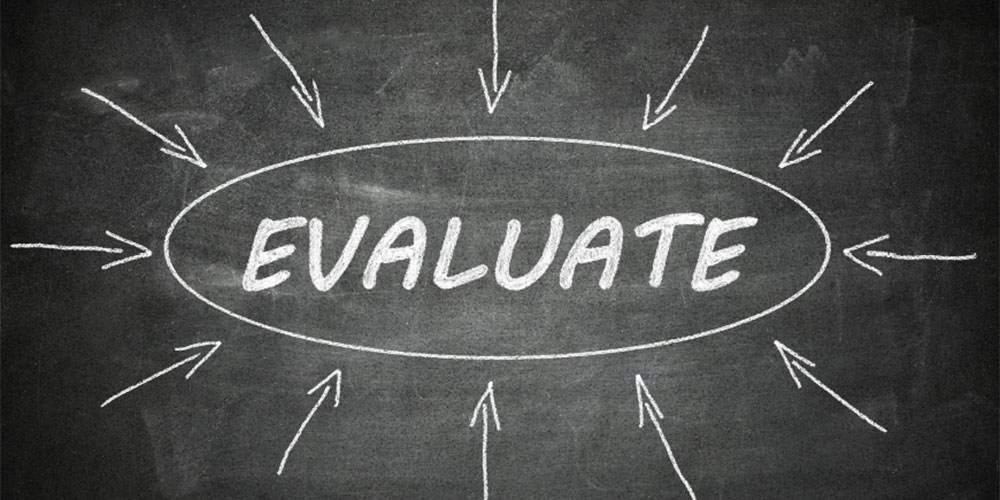My journey to becoming an evaluator began in 2006, thanks to a consultant named Laura Grant, who was introduced to me at a networking do as the ‘Queen of Evaluation’. From that moment, I became her loyal subject.
I had just started working at the Royal Academy of Engineering as their first Head of Public Engagement. I remember the Chief Executive phoning to ask “if the panel had interviewed well enough” for me to consider taking the role? Apparently I’d turned the tables on the interview process and had inadvertently taken it upon myself to ask the lion’s share of the questions!
My first task was to design and set up a funding programme to support public engagement with engineering and commissioned Laura to develop an evaluation of the scheme.
We kicked off by exploring and prioritising the changes that we wanted to come about, before developing the evaluation framework, approach and tools. The whole process was a complete revelation to me that highlighted the unexpected value of evaluation.
Initially, my goal was simply to have measures in place for the KPI set by the scheme funder, BIS (as they were called in the ‘noughties’ – the Department for Business, Innovation & Skills), which was for ‘80% of the projects to be successful’.
It was during this time, however, that I realised the transformative power of evaluation when it’s integrated early into the development process. Visions and aims are all very well, but the act of exploring and defining realistic and feasible outcomes from the start enabled me to design and plan a much more effective grants programme. Over the years, there has been similar revelations from the people that I’ve worked with for a whole variety of projects, who were also new to evaluation.
It’s because you are articulating these outcomes for evaluation that keeps them grounded, as you know that this process will explore whether they have resulted…..or not. This enables you to truly understand what you hope to achieve from a programme of work and in turn helps you design it much more effectively.
And the grants scheme mentioned above that was fundamentally shaped by the underpinning evaluation process? It is called Ingenious – and I’m glad to say that 18 years on it’s still going strong!
If you are considering how best to evaluate your work, get in touch to discuss how we could support you – lesley.ann.paterson@outlook.com


